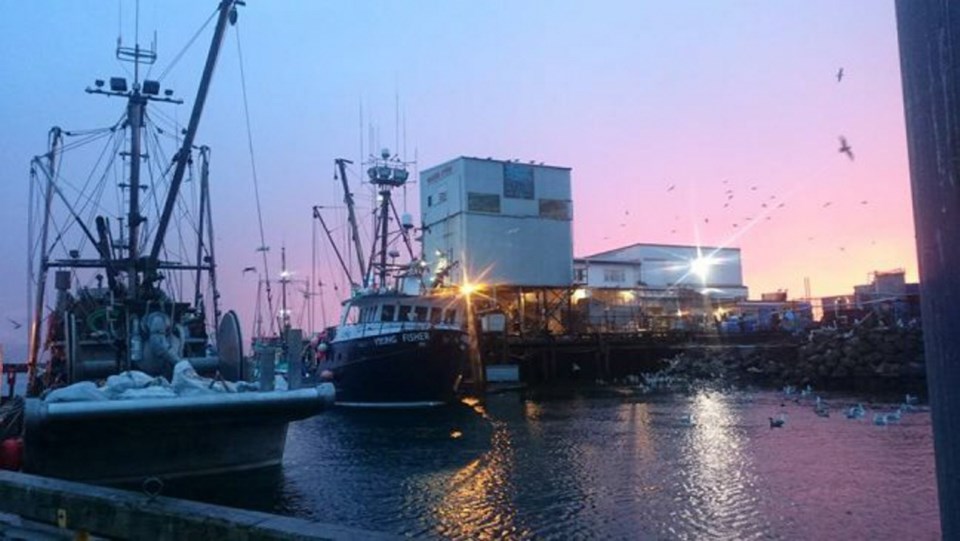Conservancy Hornby Island continues to win support for its campaign to close the roe-herring fishery in the Strait of Georgia.
As of Friday, more than 32,000 people had signed the group’s online petition at change.org, urging the federal government to protect the last healthy stocks of herring in B.C.
The conservancy argues that herring represent the main source of food for chinook salmon, which in turn feed the endangered population of southern resident killer whales.
“I think people are making that link and saying: ‘Why are we killing these fish when they’re so important to the whole marine environment?’ ” said president Grant Scott.
He said it makes more sense to shut down the fishery in the strait from Nanaimo to Comox and allow the stocks to replenish along the coast.
“We just think it’s the last one. We should leave it alone.”
Department of Fisheries and Oceans said Friday that of the five major herring stocks in B.C., only the Strait of Georgia stocks are considered healthy, at “near-historic levels.”
Stocks on Haida Gwaii and the west coast of Vancouver Island are low and closed to commercial fisheries, the agency said.
In the Prince Rupert district and the Central Coast, stocks are considered stable, but with “a lower level of abundance.” Limited spawn-on-kelp commercial fisheries are proposed for those areas, DFO said.
By contrast, the agency said that, based on scientific advice, commercial fisheries are proposed for designated areas in the Strait of Georgia.
“Sustainability of the stock is DFO’s primary management objective for Pacific herring,” the statement said.
Brad McLean, owner of French Creek Seafood, said he’s perplexed by the conservancy’s efforts to close the roe-herring fishery, which provides jobs to about 50 people at his company.
“They’re definitely not doing it on science or abundance or anything,” he said. “We’ve never seen a better volume of herring in the [strait]. Every year it seems to just get better.”
But Ian McAllister, a co-founder of Pacific Wild, said it’s “ludicrous” for DFO to be citing near-historic highs in the strait “when we know there was once herring spawning throughout Puget Sound and throughout the Salish Sea.”
“Today, they’re only spawning in one isolated population around Denman, Hornby [and] that area. But all of the other populations have been systematically wiped out up and down the coast and this is all we have left.”
McAllister said that what “adds insult to injury” is that fishers are no longer getting economic value for the herring.
“Long gone are the days when they were getting $3,000 or $4,000 a tonne. Now they’re getting $500 or $600,” he said.
McAllister said closing the herring fishery would be the first tangible step that DFO could take to help save chinook salmon and killer whales.
“They tend not to shut down a fishery until it’s close to biological extinction,” he said.
“We’re hoping with this petition, and with all of the public concern and outcry, that we might stop a fishery in time to allow it to rebuild, so that we can really rebuild our oceans.”



